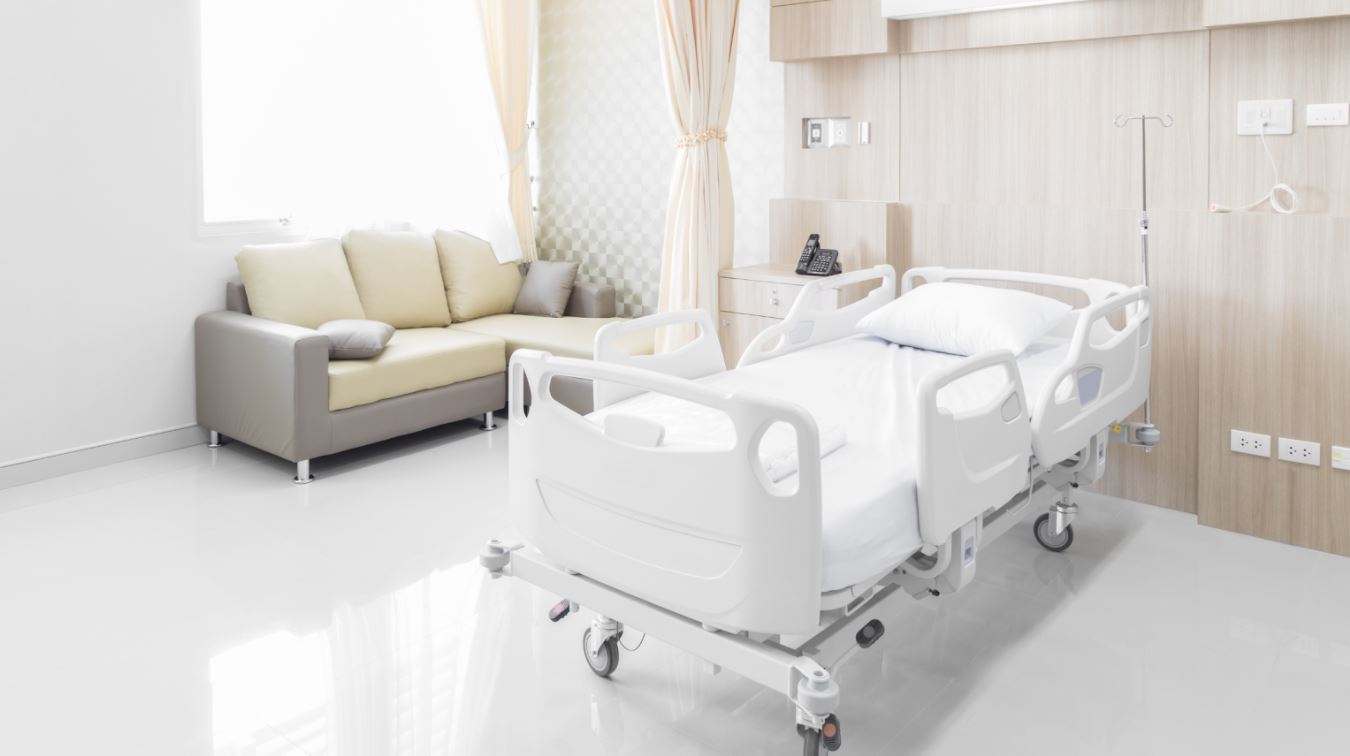
@ShahidNShah


Being discharged after a long stay at a private or public hospital is a cause for celebration, but the joyous occasion can turn into a frustrating event if you aren’t prepared. The discharge procedure consists of several steps to ensure that you no longer need to receive inpatient care and that you’re healthy enough to go home. If you’re unfamiliar with the process, you might feel a little stressed out because you don’t know what to expect. This can then affect your mood for the rest of the day, and even set the tone for your recovery process.
To minimise uncertainties and stress, here’s a closer look at the hospital discharge process so that you can be ready for it and ensure that you can continue recovering safely at home.
What to Expect During a Hospital Discharge
During a hospital discharge, you can expect to receive detailed instructions regarding your post-discharge care. This includes information about medications, wound care (if applicable), and any specific dietary or activity restrictions. Your healthcare provider will also provide you with a schedule of your follow-up appointments to monitor your progress. Your subsequent check-ups also give your doctors the chance to make the necessary adjustments to your treatment plan to ensure your recovery.
What You Should Do to Ensure a Smooth Hospital Discharge
Although your healthcare provider handles most steps of your hospital discharge, there are several things you can do to ensure a smooth process. Through active involvement and careful planning, you can rest assured that your hospital discharge experience will be a stress-free one. Here are practical tips to help you navigate this crucial phase of your healthcare journey:
Why Follow-up Care Is Important
Just because your healthcare provider is discharging you from the hospital, it doesn’t always mean that you’ve made a full recovery. As mentioned, being discharged simply means that you no longer require round-the-clock supervision and that you’re fit to continue your recovery at home. To ensure that you’ve completely recovered, however, you need to abide by the follow-up care instructions given by your provider. Follow-up care after hospital discharge plays a pivotal role in your overall well-being and recovery, as it enables the following:
How to Prepare for Your Follow-up Care
You can make the various preparations to ensure that your follow-up check-ups and appointments with your healthcare provider are fruitful. Here are some tips:
Familiarising yourself with the hospital discharge procedure can help calm your nerves, especially in the event that the process takes longer than it should. It also allows you to make the necessary preparations to ensure that your experience leaving the hospital is hassle-free. Moreover, it can help you be more mindful with your follow-up care so that you can remain on the path to full recovery.

For those who doesn’t work in the medical field, it is common to confuse Non-Emergency Medical Transportation (NEMT) with EMS ambulance services. When we see an ambulance, we tend to think someone is …
Posted Dec 4, 2023 Ambulatory Care Hospitals, Special
Connecting innovation decision makers to authoritative information, institutions, people and insights.
Medigy accurately delivers healthcare and technology information, news and insight from around the world.
Medigy surfaces the world's best crowdsourced health tech offerings with social interactions and peer reviews.
© 2025 Netspective Foundation, Inc. All Rights Reserved.
Built on Jun 30, 2025 at 6:08am